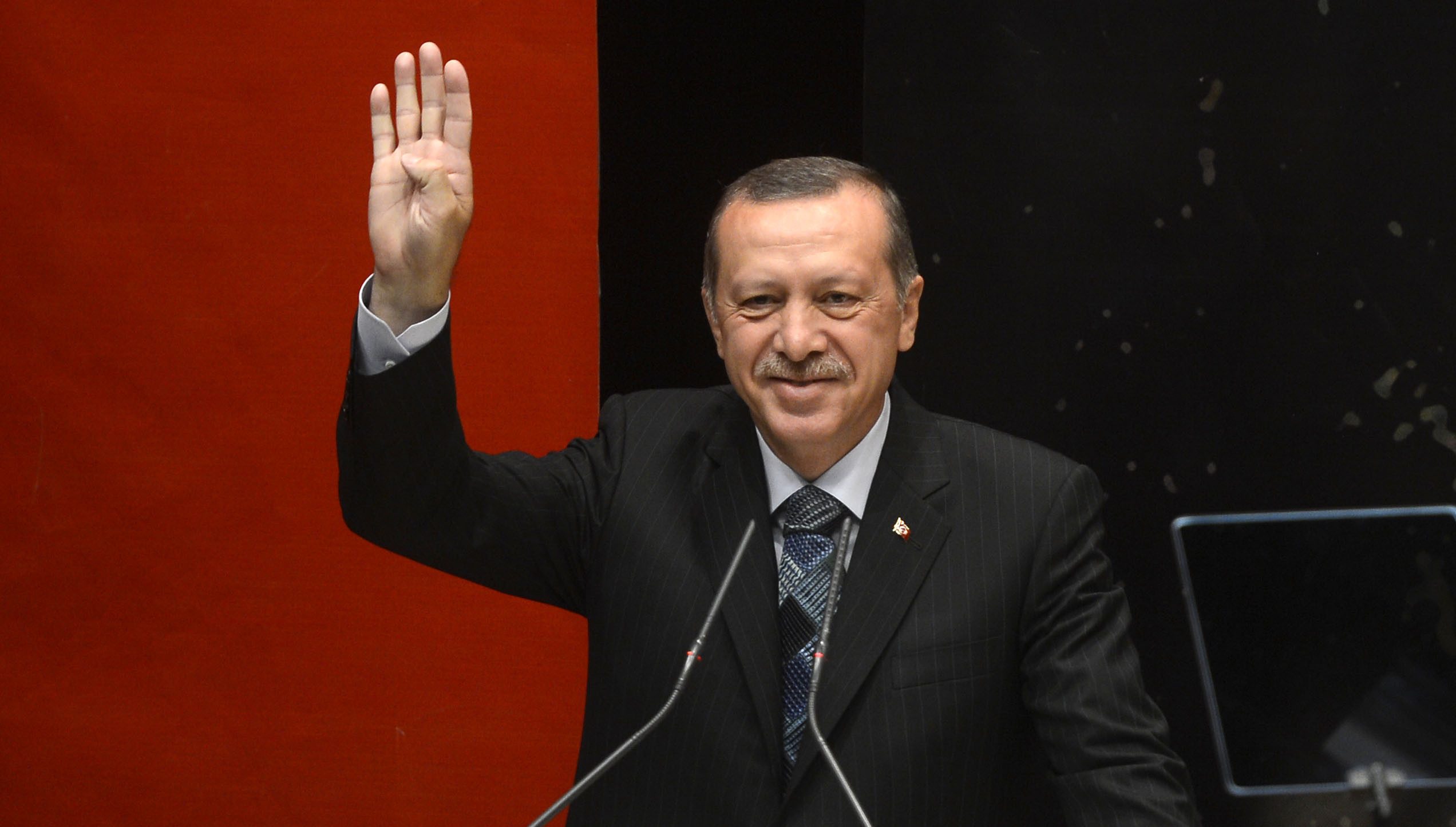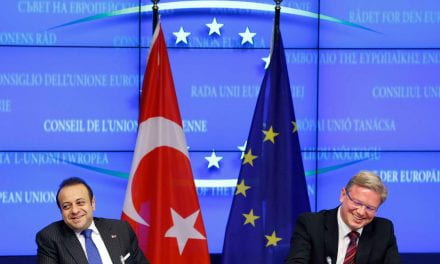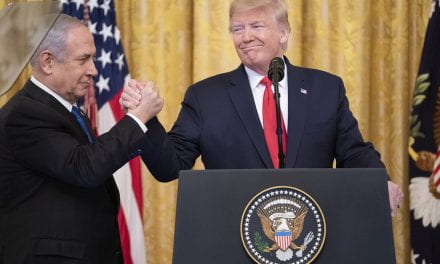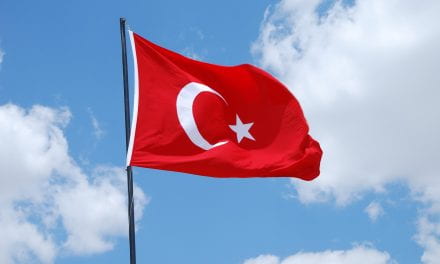By: John Perry Muth*
A failed coup in the Turkish capital of Istanbul last July may have had exactly the opposite effect of that desired. The coup saw a faction in the military try to seize control of the government, with the goal of establishing a new constitution. The event was motivated by heightened military tensions with President Erdogan and his increasingly autocratic policies. With this faction receiving little support from either the rest of the military or Turkey’s opposition parties, it was put down relatively easily and tens of thousands of arrests were made. What makes this event most significant is its aftermath, which has seen Erdogan assert his power even more dominantly.[i] Now the Turkish government has proposed a referendum that would change the constitution, by giving Erdogan executive power over Turkish law, abolishing the Prime Minister, and forming a government independently from Parliamentary consent.[ii] If this passes it would be a loss for the Turkish people and a loss for freedom in what was once considered a country ready to enter the European Union. It also raises key questions regarding Turkey’s standing as a NATO country.
After the failed coup, the government invoked Article 120 of the Turkish Constitution, which allows for emergency rule. It is still in effect and has removed almost all checks on Erdogan’s power. Erdogan has also hyped up nationalistic sentiment in Turkey, using it to justify attacks against Kurdish politicians, socialists, and the press, as well as increasing fears about the ongoing Syrian Civil War.[iii] The purging of soldiers, policemen, judges, and educators raised concerns immediately following the coup. By November, Turkey had outranked China as the world’s largest incarcerator of journalists.[iv] The state of emergency that was declared allowed Erdogan to bypass parliament in making new laws and suspending freedoms, thus making his actions justifiable in the short-term.[v] The proposed referendum would essentially keep Turkey in this state and allow Erdogan to argue that he is acting constitutionally in the long-term.
The exact changes under the referendum are as follows: the president would become an independent head of the executive with the elimination of the Prime Minister position; the president would be given the power to appoint ministers, create the budget, appoint judges, dismiss the parliament, and enact certain laws by decree; the parliament would no longer be able to scrutinize potential ministers; and the president would be limited to two five year terms.
Erdogan has argued that these changes will streamline decision-making, making Turkey safer and the government quicker to act, a narrative that is being pushed amidst threats from the conflict in neighboring Syria. While other counties around the world have similar democratic systems based around the president, such as France, in Turkey it would all but spell the end to their democracy. Freedom of the press and an independent judiciary are essential to stand up to powerful presidents; Turkey has neither of these. To further reiterate the fact that Turkey has imprisoned journalistic enemies, Reporters Without Borders recently released a study ranking the country 151 out of 180 countries on the press freedom index.[vi] Without freedom of press and an independent judiciary to hold Erdogan accountable, the changes listed above have terrifying potential.
While the people of Turkey still have the opportunity to vote on the fate of their government on April 16, it appears as though Erdogan is attempting to unfairly manipulate their decision. While this can be seen in the imprisonment of dissenting journalists, it is also apparent in his campaigning strategy for the referendum. Murharrem Dogan and several other “No” campaigners were recently shot at and chased after they had put up campaign posters against the referendum. While it is not clear if the government was behind this attack, Dogan believes “It was a message to people who might vote no.”[vii] Many have, however, accused the Turkish government of directly facilitating an environment in which those opposed to the referendum can be intimidated.
When several European countries, such as the Netherlands, prevented Turkish ministers from holding pro referendum rallies for Turkish Diasporas, Erdogan condemned their actions. He even recently prevented the Dutch ambassador to Turkey from reentering the country. Erdogan is essentially claiming these European countries are suppressing the speech of their Turkish populations, while clearly doing the same and much worse to his own citizens.[viii]
With clear discrepancies arising between Erdogan and the West, the future of Turkey and NATO is under question. The first week of April saw Turkey conducting joint naval exercises with Russia in the Black Sea. Erdogan is showing his citizens ahead of the referendum that Turkey can have allies outside of the West, and Russia is happy to entertain this idea. NATO is a military alliance based around combating Russia and other Asian states. With a member state (Turkey) engaging in military drills with Russia, it signals mistrust. Erdogan’s continued anti-Western sentiment and his cozying up with Russia sends a signal to all NATO countries that Turkey might be undermining the alliance.[ix] If this happens, NATO and the West will lose a vital ally, and Russia will have the potential to gain one.
In conclusion, the vote scheduled to take place on April 16 has the potential to create an extreme loss of freedom for Turkish citizens. In a country that is being influenced directly by the Syrian Civil War, it is easy to stir up fear and anti-Kurdish beliefs. Many Turkish citizens believe Erdogan’s complete rule will protect them and make government action much easier, in a time when it needs to be. However, this is not the case. Giving this much power to a single person in a system without a free press or judiciary only leads to citizens losing rights. Erdogan stirring up nationalistic sentiment and arguing for a quick and effective government to protect Turkish citizens, is simply a narrative that can allow him to amass more power. The decision should be clear for anybody in Turkey who values essential freedoms and rights; vote no on April 16.
References
[i] “Turkey’s Coup Attempt: What You Need to Know,” British Broadcasting Corporation, July 17, 2016.
[ii] Lizzie Dreaden, “Turkey slides towards authoritarian rule as commission approves plan to increase powers for President Erdogan,” Independent, December 30, 2016.
[iii] “Turkey’s President Erdogan is grabbing yet more power,” The Economist, January 21, 2017.
[iv] Rod Nordland “Turkey’s Free Press Withers as Erdogan Jails 120 Journalists,” New York Times, November 17, 2016.
[v] Scott Peterson, “Concerns over Erdogan power grab replace anti-coup unity in Turkey,” The Christian Science Monitor, 2016.
[vi] “Why is Turkey Holding a Referendum?” British Broadcasting Corporation, February 10, 2017.
[vii] Patrick, Kingsley, “Turkey, Facing Disunity Under Erdogan, Finds an Enemy in Europe,” New York Times, March 13, 2017.
[viii] Kingsley.
[viii] “Turkey and Russia Troll NATO in the Black Sea,” The American Interest, April 6, 2017.
*Disclaimer: The content contained in the following material is the sole ownership of the author and does not reflect the views of the Towson University Journal of International Affairs nor Towson University in any respect whatsoever







